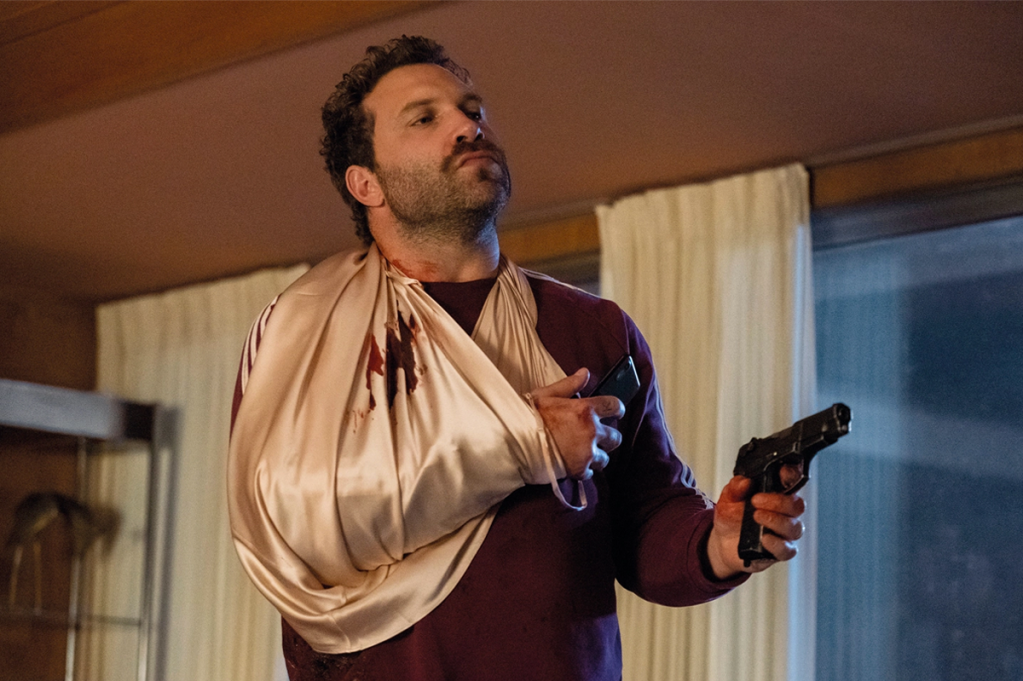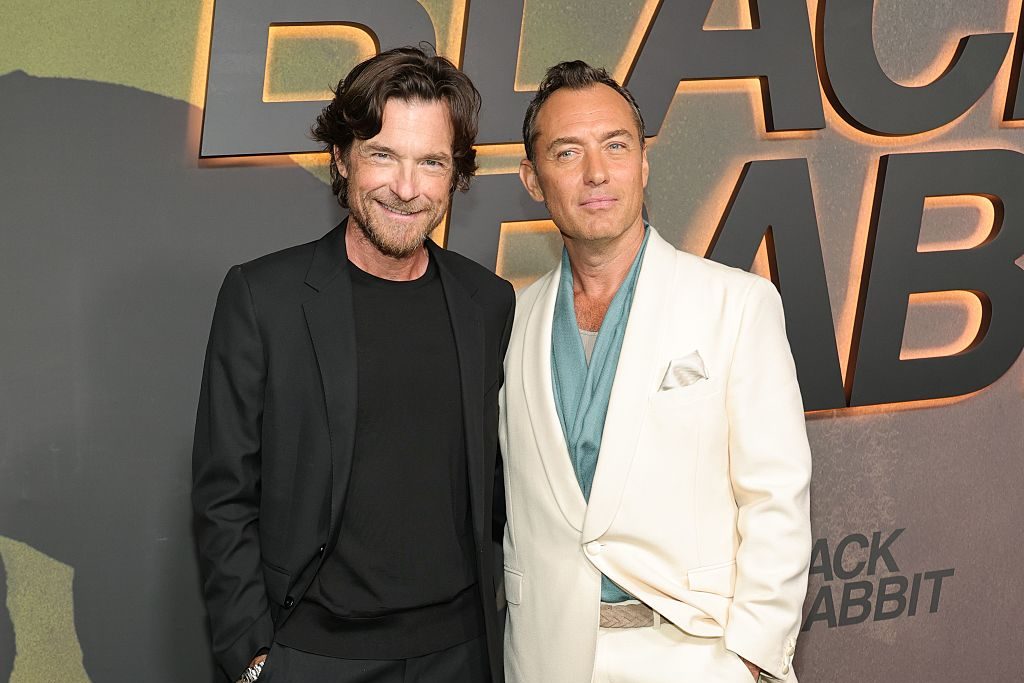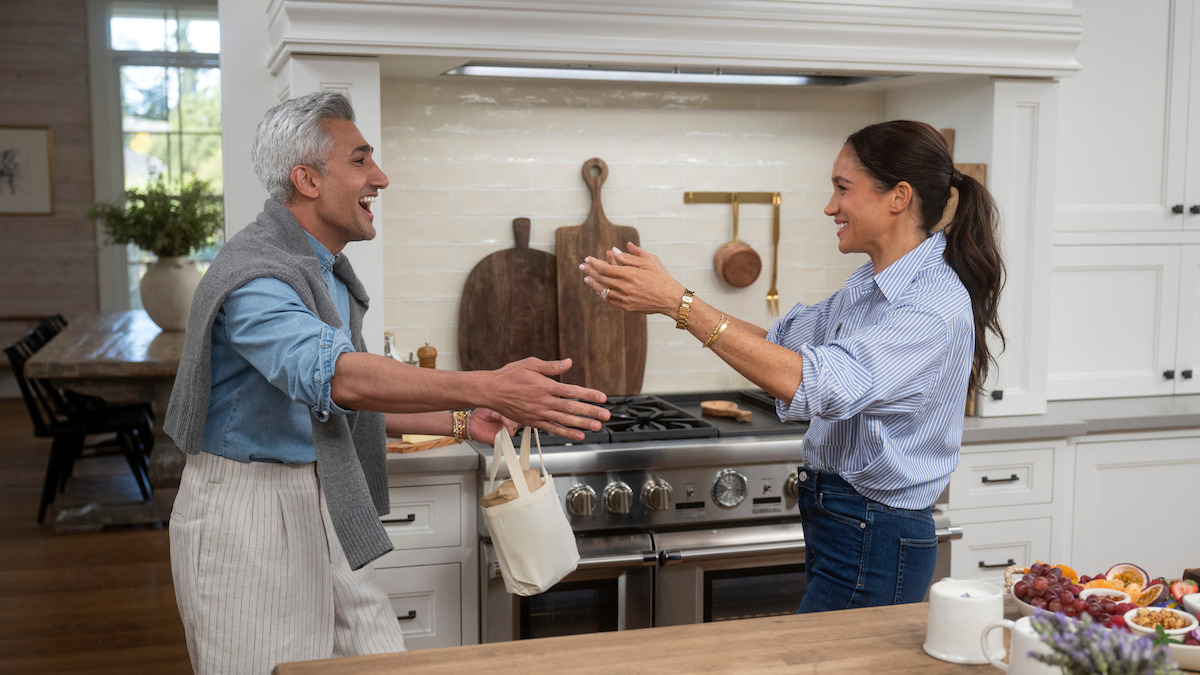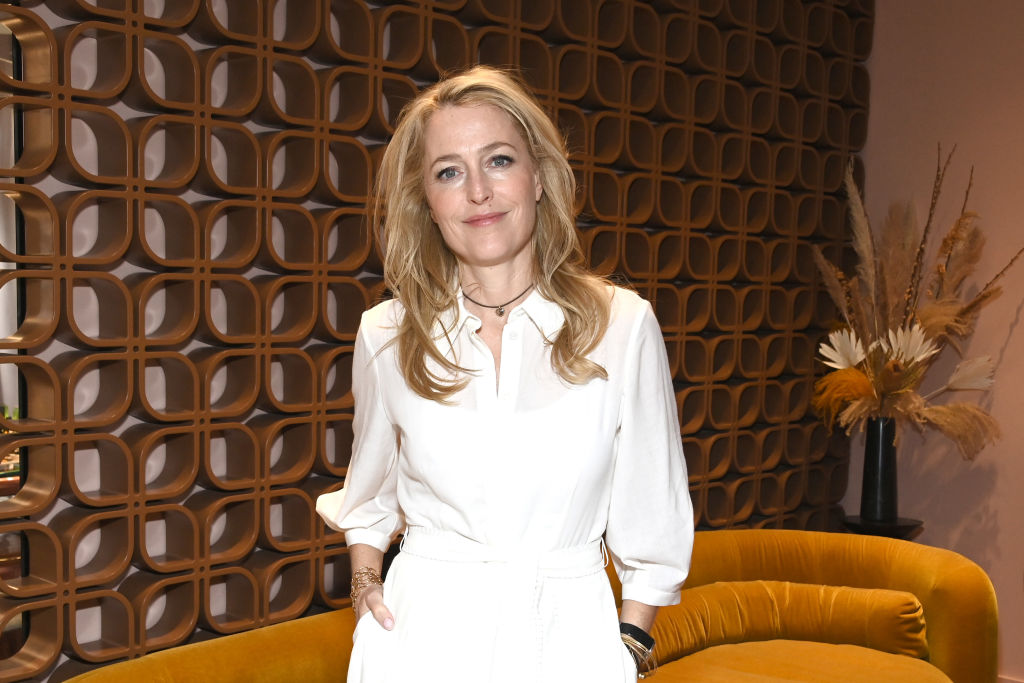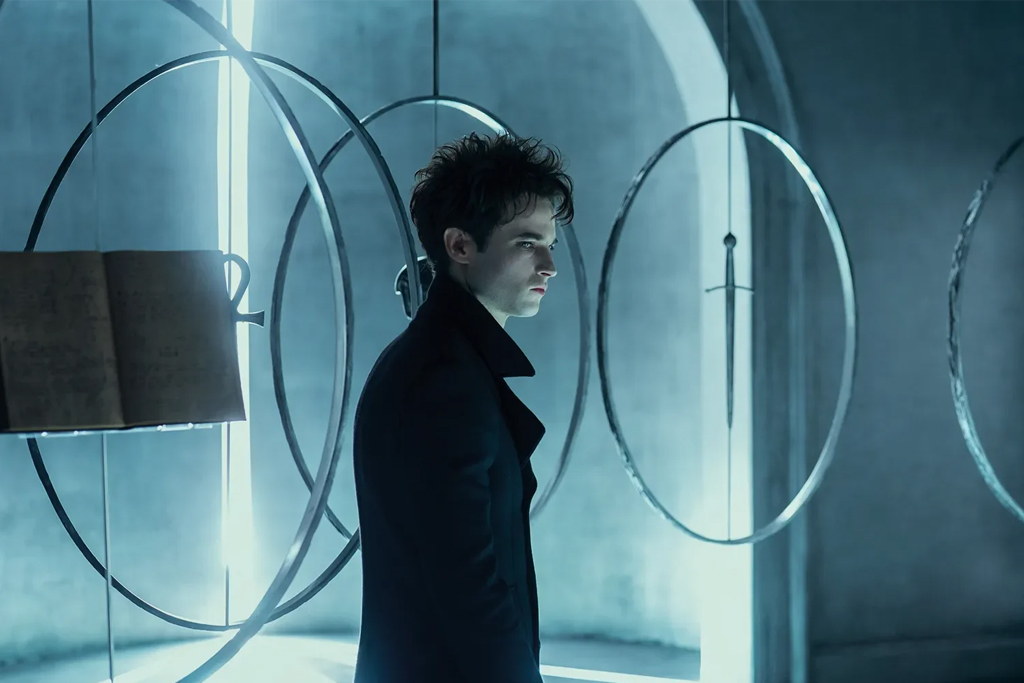Kaleidoscope is a fairly routine eight-part heist drama with a supposed novelty spin: apart from the beginning and the end, you can view the episodes in any order, meaning that each viewer has a slightly different experience.
If I sound mildly skeptical, it’s because the novelty isn’t actually that novel. B.S. Johnson got there fifty-four years earlier with his 1969 novel-in-a-box The Unfortunates, an account of a soccer match in which the chapters were loose bound so that they could be shuffled and read in whatever order you wished. A few years ago, I bought a rare first edition from Simon Finch which I thought would become very valuable but hasn’t because price is subject to demand and frankly there isn’t much demand for experimental 1960s novelists of whom hardly anyone has heard.
I love B.S. Johnson and highly recommend his book, not just for the meandering charm of his writing but for the tactile pleasure and amusement value of his literary jeu d’esprit. He deserves to be far better known and it would be lovely if his final words to his agent the day before, aged forty, he slit his wrists — “I shall be much more famous after I’m dead” — were to come true. But I’m still not sure his experiment amounts to much more than a cute gimmick.
The problem with The Unfortunates, as with Kaleidoscope, is that when everyone is exposed to the same beginning and ending (these are non-negotiable) what happens in the middle doesn’t actually change much. Sure, you might learn earlier or later than other viewers precisely what tragic event it is that motivates our hero/anti-hero Leo Pap (Giancarlo Esposito) to want to break into the impregnable security system overseen by his friend-turned-bitter enemy Roger Salas (Rufus Sewell), but it makes no difference to the outcome and little to the viewer’s perspective.
Also the artificiality of the format imposes certain awkward constraints on the rhythm of the plot. Each episode (color-coded for amusement value: “Which do I feel like watching next? Blue or violet or red…?”) is necessarily discrete, so that it is like a mini-film in its own right, with the characters being subtly reintroduced as if we have never met them before. One episode (“Violet”) is set twenty-four years before the heist, another “the morning after,” another “three weeks before the heist” and so on. If you watch “Violet” first, perhaps you have an advantage over those who see it third or fourth, but that’s about it.
My favorite of the episodes I’ve seen so far is “Green” because instead of being in the heist genre (which I’ve always found somewhat tedious because it so often feels contrived and mechanical, unless, of course, it’s The Italian Job) it belongs to the much more satisfying (Papillon, The Shawshank Redemption, Midnight Express, etc.) prison-escape genre. You can forgive its absurdities and implausibilities (sorry, but I don’t believe that magic mushrooms, in however strong a dose, work that instantaneously on everyone) because the characters and relationships are well drawn. Esposito (aka Gus from Breaking Bad) and Peter Mark Kendall, as his fresh-faced, white, middle-class cellmate Stan, are a likable duo and you are rooting for them all the way.
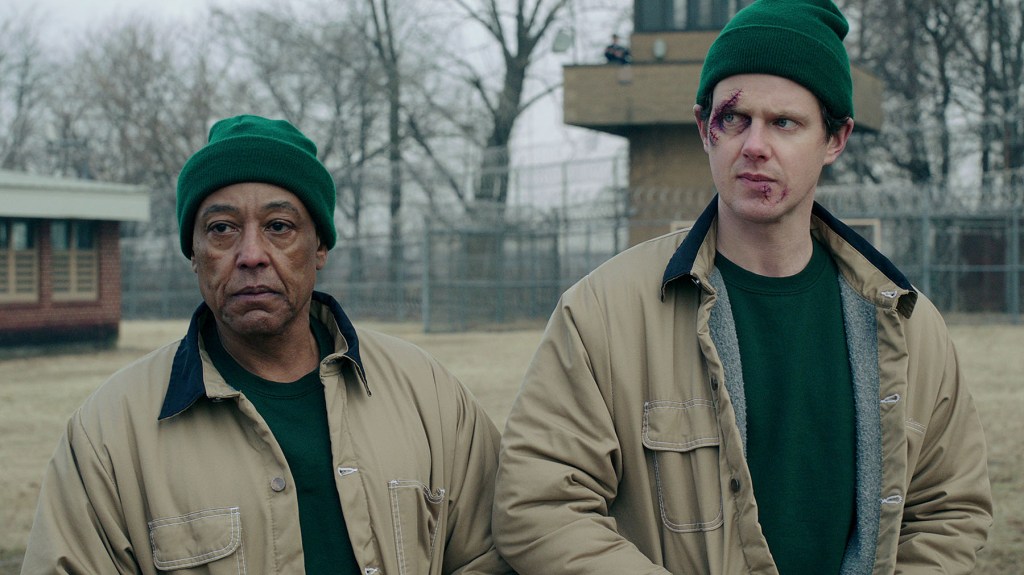
And my least favorite episode, almost to the point where I wonder whether I can be bothered to go on watching, is the one focusing on feisty, driven FBI agent Nazan Abbasi (Niousha Noor). Co-writer/creator Eric Garcia has tried to make her more sympathetic by showing her in NA meetings battling her drug addiction. But she’s as annoying and dated a cliché as was, say, the “you go, girl!” Galadriel character in The Rings of Power. No way — as she does in this episode — could a woman (who wasn’t, say, an unfeasibly brilliant MMA fighter) slug it out with a man and come out on top. If this humorless, self-righteous bore ends up being responsible, in any way at all, for foiling the heist, then I would rather bail now.
Presumably the series so contrives it that the “criminal” team doesn’t get away with it. Which is another reason I find the heist genre so frustrating. I don’t like being lectured about crime not paying, still less when the FBI are being celebrated as upholders of justice. Nor do I appreciate the frustration of seeing the heist inevitably go awry for the most stupid of reasons.
That crap, loutish, out-of-control Australian character, for example. What the hell is he doing involved in this delicate operation? All right, so he happens to be the boyfriend of a female character whose skills are apparently key (yeah, right). But he’s so obviously a liability from the moment you meet him (which depends on your color code choices) that you want to scream at Esposito’s kingpin character: “Give up now! There’s no point. It’s all going to be a huge waste of time.”
This article was originally published in The Spectator’s UK magazine. Subscribe to the World edition here.



